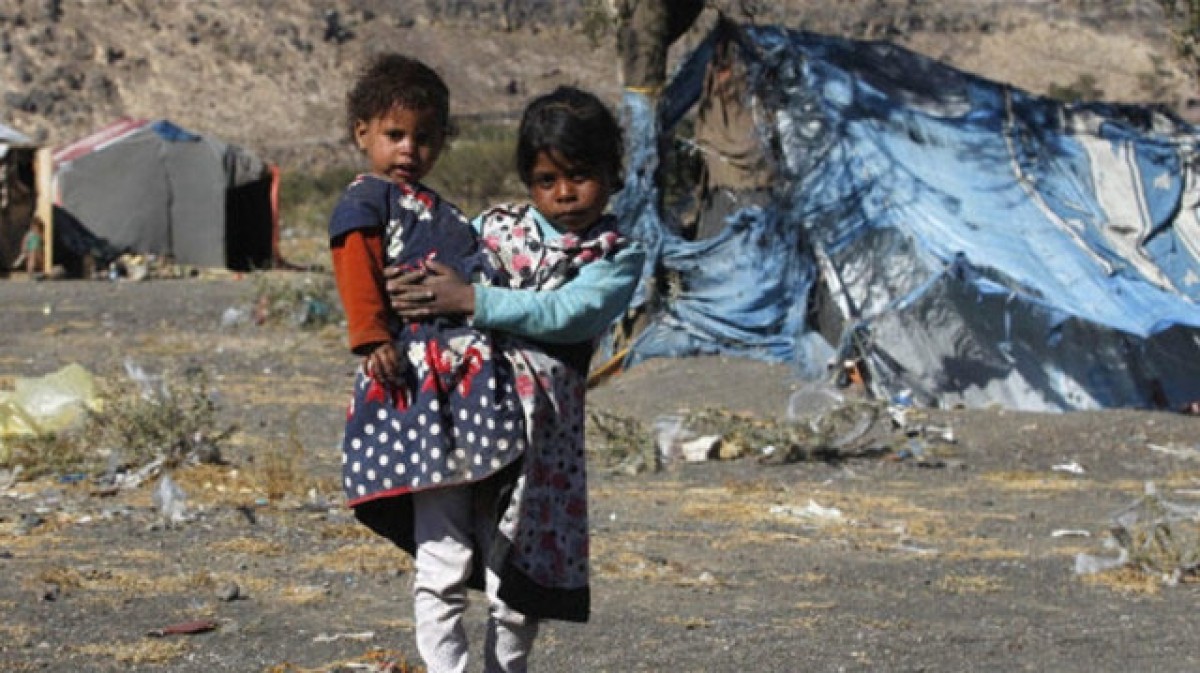Malnutrition in areas controlled by the Yemeni government increased by 34 percent


Four UN organizations announced today, Sunday, that acute malnutrition in areas under the control of the Yemeni government has increased by 34 percent during the current year 2024, compared to the previous year.
This came in a joint report issued by the United Nations Children’s Fund (UNICEF), the United Nations Food and Agriculture Organization (FAO), the World Food Program, and the World Health Organization, a copy of which Anatolia received.
The UN report said that “acute malnutrition is increasing rapidly in areas under the control of the Yemeni government, with the western coast suffering from “extremely critical” levels of malnutrition for the first time.”
According to the latest analysis of acute malnutrition within the framework of the Integrated Interim Classification, the number of children under the age of five suffering from acute malnutrition or wasting increased by 34 percent compared to the previous year in all areas under the control of the Yemeni government, according to the same report.
The report explained that this “affects more than 600,000 children, including 120,000 children suffering from acute malnutrition.”
This sharp increase “is due to the combined impact of disease outbreaks (cholera and measles), high rates of food insecurity, limited access to safe water, and economic deterioration,” according to the same source.
The report stated that “in the same population group, it was found that about 223,000 pregnant and lactating women suffer from acute malnutrition in 2024.”
The UN organizations stressed that “ending the conflict that has been ongoing for nearly a decade and restoring peace is crucial to confronting challenges and building the resilience of the Yemeni people, who have been devastated by the lack of basic services, repeated displacement, and shattered economic and social systems.”< /p>
For more than two years, Yemen has witnessed a lull in a war that began about 10 years ago between forces loyal to the legitimate government and the Houthis, who have controlled governorates and cities, including Sanaa, since September.